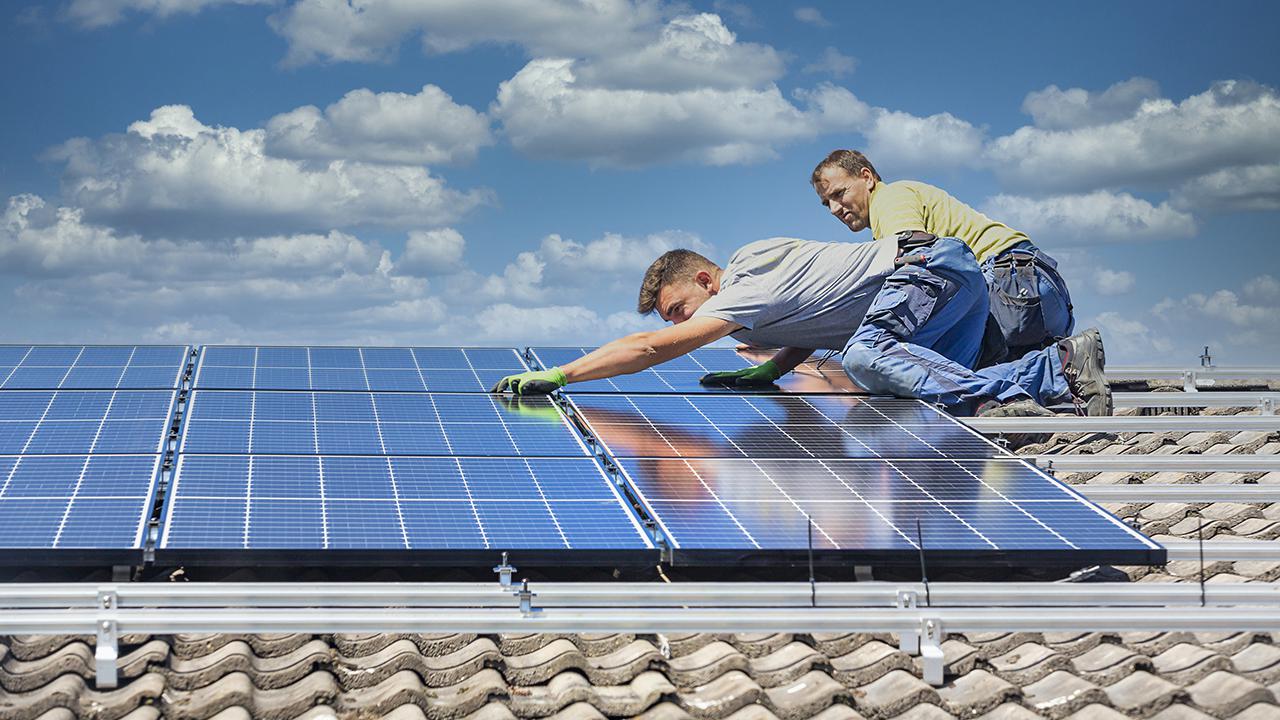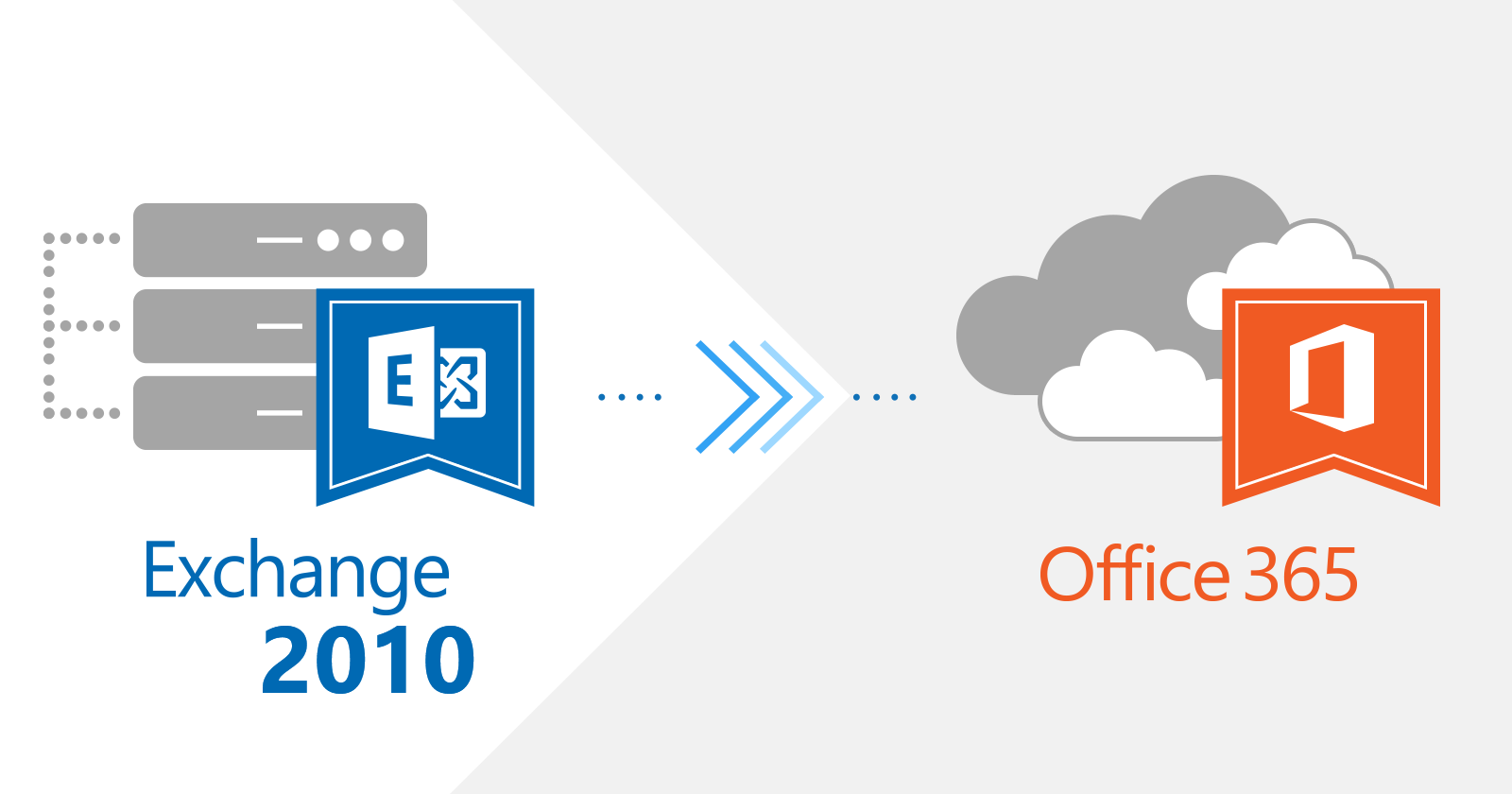Last updated on February 24, 2022
Did you know that the US solar market installed over 5 GW of solar capacity in Q3 of 2021? That’s a 33% increase from 2020’s third quarter. Some homeowners have even turned to DIY solar installation to save money.
But is DIY solar panel installation worth the effort? Can a DIY solar install qualify for energy tax credits the same as professional installs?
The following guide will answer those DIY solar questions and more. Read on to learn if DIY solar installation kits are right for you.
How to Install DIY Solar Panels
DIY solar panels can be installed in about six steps. First, you’ll design and determine the size of your system based on your energy needs.
Next, you’ll need to purchase your solar equipment and parts. This includes things like panels, batteries, inverters, and racking. You can also buy DIY solar installation kits that come with all the necessary components.
You will install the racking (panel mounts) onto your roof or on the ground.
Then, connect the solar panels to the racking equipment you’ve installed.
Install a solar inverter and battery to your system. Connect the complete solar power system to your home’s main electrical board.
Always check with your local utility provider and request permission to turn the system on.
DIY Solar Installation Advantages
DIY home solar panel installation saves money on labor fees. It also saves money on other added fees that professional companies might charge.
You still get the same energy-saving benefits and boost to your home’s value. However, you must install the solar panels correctly or it could have the reverse effect.
Luckily, DIY solar power systems are still eligible for tax credits. You can get 26% of your project costs refunded. DIY systems are still elidable for net metering benefits as well.
DIY Sollar Installation Disadvantages
There’s a risk of getting shocked when working with any type of electrical component and solar is no different. Even a minor shock can cause you to fall off your roof. That’s why using a top solar company is much safer.
Installing a solar system on your own might cause damage to your property. For example, miscalculating your system’s weight could severely damage your roof.
Using the right equipment for installation is also crucial. This includes proper meters and gauges that accurately match your system to the grid. Professional solar installation ensures that it’s hooked up properly.
Professional solar companies are also knowledgeable about permits and regulations. They can also make paperwork and obtaining credits and rebates more seamless.
Your panels won’t produce maximum energy if you don’t plan out their positioning correctly. Your battery and inverter selections are also crucial to efficiency.
Is DIY Solar Right for You?
DIY solar installation can save you money but only if you know what you’re doing. It can be a fun and rewarding project provided you have the time and confidence. Remember to take safety precautions if installing panels yourself!
Check out our technology section for more great solar tips.






Be First to Comment